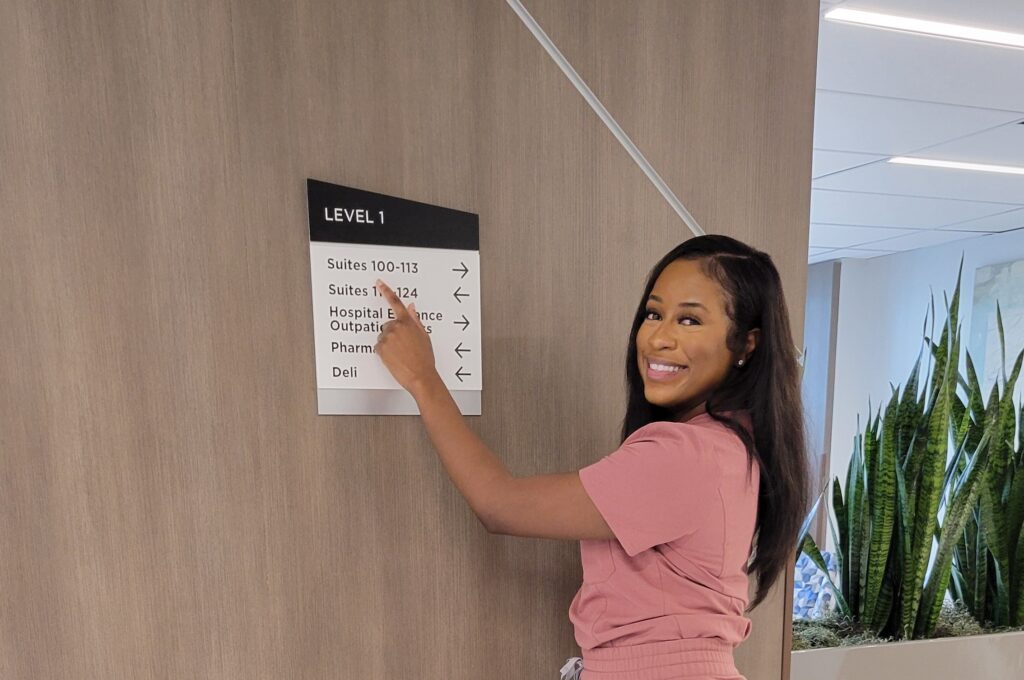What the color of your urine means
Did you know that the color of your urine can vary? Normally, urine is pale or light yellow. If you develop bladder and kidney problems, it may change to one of several different colors. Sometimes, foods, drinks or medications cause color changes. Usually, an abnormal shade isn’t a reason to panic or seek urgent care, but if your urine is consistently off-color, or if you see blood in your urine or have urine that is orange or a dark color, you should see one of our Houston urologists.
Different urine colors can be a symptom of health issues
There is plenty of disinformation out there, but our team is here to flush out the truth about what the color of your urine means.
- Dehydration can turn urine dark yellow or dark orange.
- Dyes in food or blood in the urine can cause pinkish or red urine. Dark red urine can sometimes look brown or black.
- Serious health conditions, such as cirrhosis or gallstones, can turn urine brown.
- Carrots or orange foods and medications can cause orange urine color.
- Medications, supplements or rare hereditary conditions can turn urine blue.
- Medications, asparagus, bacterial or urinary tract infections may cause urine to turn green.
- A condition called purple urine bag syndrome can affect patients with urinary tract infections (UTI) and causes rare purple urine.
- Urinary tract infections and certain foods, including pork, lamb, beef, herring or anchovies, can cause your urine to appear cloudy or milky white.
- If you drink too much water or take diuretics, your urine may be consistently clear.
You shouldn’t try to diagnose yourself based on the color of your urine. If you see consistent changes or blood in your urine, see a urologist for a professional evaluation.
Do bladder and kidney problems always cause changes in the color of your urine?
If your urine is a normal color, don’t assume that you don’t have a health issue. Urinary tract problems don’t always change your urine’s color.
If you have any of the following symptoms, you should make an appointment with our Houston urologists.
- Pain during urination
- Urine leakage
- Feeling the frequent need to urinate
- Weak urinary stream
- Lower abdominal pain
Our Houston urologists can find the cause of your urologic health problems
Whether you are concerned about the color of your urine or worried about bladder and kidney problems, our team will identify any problems. We have state-of-the-art diagnostics and treatments to help you cope with any issues that occur in your urinary tract. Contact us for an appointment.




























